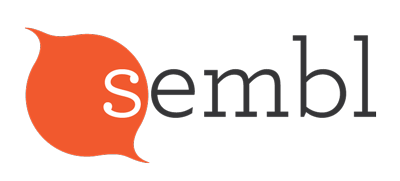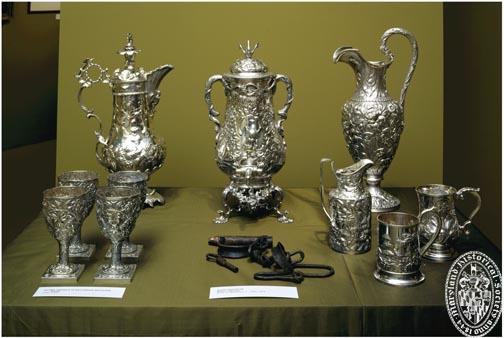Sembl thinking
We don’t really know how to think, yet. Or to put that in a more positive light: our characteristic ways of thinking are not yet as subtle and sophisticated as the problems that face us – as a global population, in our communities, in our business lives, our family situations, our own individual tangled and constantly shifting minds and emotions.
We have plenty of people who know how to do black and white, either-or thinking – which turns into highly emotional and often inappropriately judgmental knee-jerk thinking when the going gets tough. There’s a lot of heart in that, but not always a whole lot of clarity.
And we have a fair number of people who can do deliberative thinking, who understand critical thinking, apply some measure of doubt to their own assumptions and certainties, make careful, slow, analyses and do close readings, and in general try to avoid a headlong rush to judgment… There’s a lot of clarity there, as well as heart – but words and logic tend to dominate, and feelings are often relegated to second place.
And we have assorted artists, creative types and eccentric thinkers who see sideways, think laterally, connect dots, listen with care, appreciate silences, hear multiple voices and hold them together in their minds like a symphony… These are the folks who have the best grasp of complex problems, the bridge-builders between parties and factions – and the peace-makers. They live, balancing, at the intersection of love and clarity, with mind clarifying heart and heart giving courage to thought.
Sembl thinking is a whole spectrum of ways of thinking drawn from the best of that third group, brought together under one roof. And Sembl itself is a game and family of games, designed to explore and enjoy these ways of thinking.
The game’s motto is simple, profound, and insanely ambitious:
Tapping human knowledge and imagination, link by link




“We don’t really know how to think, yet … our characteristic ways of thinking are not yet as subtle and sophisticated as the problems that face us.”
Isn’t that tautological; because, pace Gòdel, it’s what thinking was, is and always will be?
Hi David:
Great to read you here and at Zenpundit.
Could you clarify your comment? I know I’m not intending to be tautologous, and if I come across that way I need to see how & why so I can rephrase myself better.